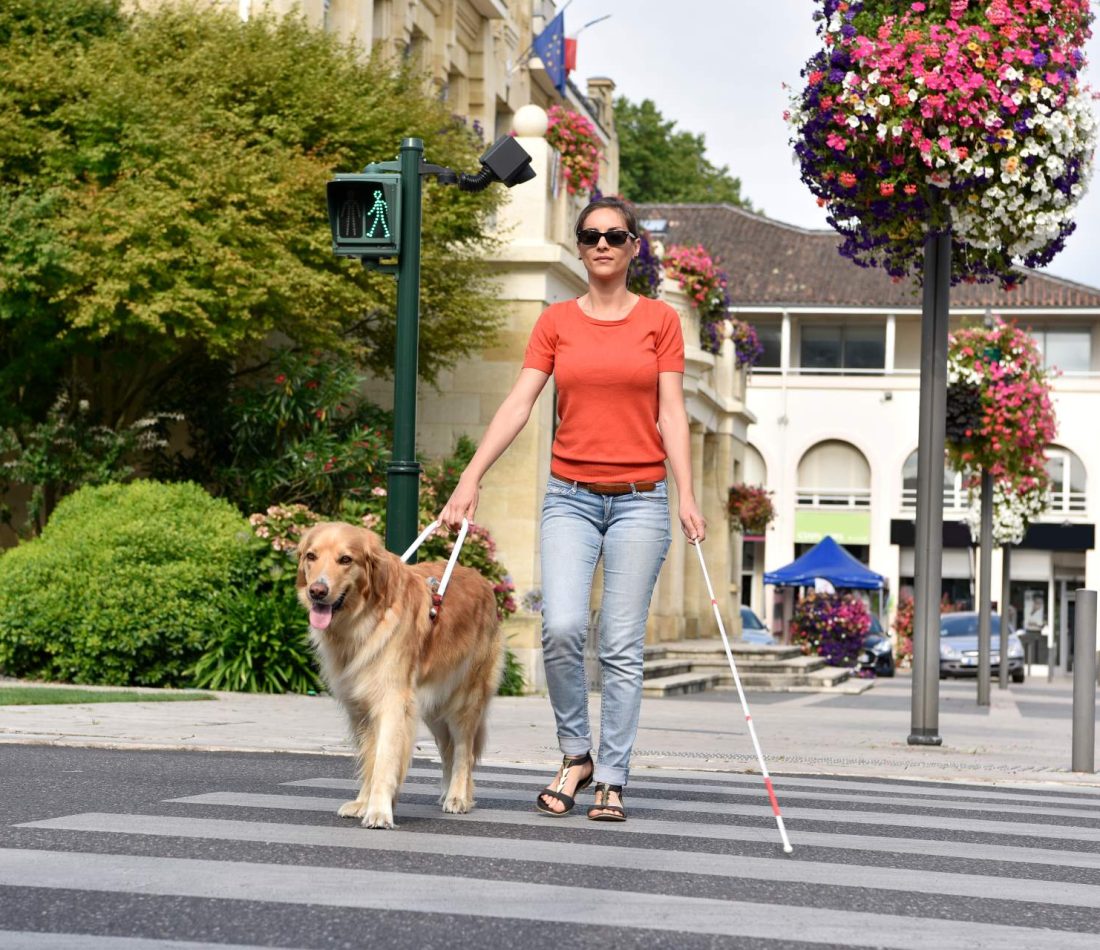Disability Rights Arizona (DRAZ) supports the right of people with disabilities with assistance animals to be included in their communities. Laws exist that protect the right to have service animals at work, at school, in public spaces, such as healthcare offices, hotels, government offices, and during travel, and to have assistance animals at home. Yet, many people still face discrimination because of their assistance animals.
Assistance Animals
- 2 years ago
- Self-Advocacy Tips
- English

